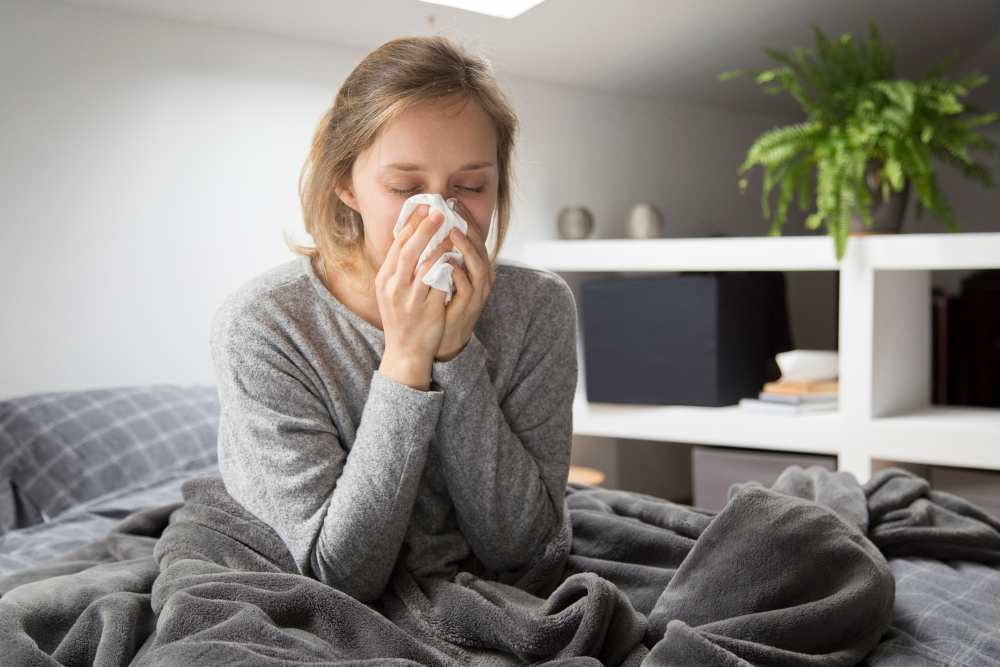Introduction
Preventive care means doing things ahead of time to stay healthy and stop sickness or health problems from happening. Its main aim is to find out possible dangers, check for signs at the beginning, and encourage good habits. Investing in preventive care can greatly lower the chance of getting long-term illnesses. Making sure to act early can help improve health results.
Preventive care means taking steps to stay healthy, like getting check-ups, shots, tests, and making healthy choices. The goal of these actions is to discover possible health problems in their initial stages. This helps to stop bigger health issues later on and allows for quick action.
The advantages of taking action to maintain good health.
Taking steps to prevent health problems before they start is really helpful for people of any age. It gives people the power to manage their health by giving them important knowledge and resources for wise choices. Going for check-ups and screenings often helps find health problems early, which makes it easier to treat and manage them.

Getting check-ups before you’re sick can make healthcare cheaper in the future. Taking care of health problems early can help people avoid costly medical procedures, hospital stays, and ongoing treatments. It helps save money on healthcare by focusing on preventing illnesses instead of only treating them after they happen.
Proactive healthcare helps people feel good and live better. If people focus on preventing health problems, they can have a better body and mind. Preventive care helps people form good habits like exercising often, eating well, and handling stress. These actions help you stay healthy and live longer.
This section is about the important parts of a good plan to keep you healthy and prevent illnesses.
Regular Health Check-ups. Make sure to see your doctor regularly for check-ups that include testing your blood pressure, checking your cholesterol, and screening for cancer. Going for regular check-ups can help find possible health problems early and get treatment sooner.
Make sure to get all the vaccines that are suggested to avoid getting sick from contagious illnesses. Vaccines help to prevent various sicknesses such as flu, pneumonia, hepatitis, and HPV.
Go to the doctor and take tests for illnesses like cancer, diabetes, heart problems, and weak bones if they tell you to. Getting checked early can help you get better faster and improve your chances of getting well.
“Eat lots of fruits, veggies, whole grains, and healthy proteins to stay strong and healthy!” It is important to exercise often, keep a good weight, handle stress well, and stay away from smoking and too much alcohol. Making these choices helps keep you healthy and prevents problems.
How to include preventive care into your life by taking action.
Learn more: Keep yourself up to date with advice and instructions for preventing illnesses that are tailored to your age and gender. Talk to doctors and nurses about things that could make you sick and the best ways to stay healthy.
Find a doctor you trust to help you stay healthy. Make sure to go see your doctor often to get checked and screened, and talk about any worries or signs quickly.
Keep track of your health information, like shots, checkups, and test outcomes. This info can help you follow how you’re doing and make sure you keep up with ways to prevent getting sick.
Include healthy practices in your everyday routine like exercising, eating nutritious food, and managing stress. Get help from people you know like your family and friends to stay determined and responsible.
Conclusion:
Investing in taking care of yourself before getting sick is a good investment for your health and wellness in the future. You can stay healthy by getting check-ups, screenings, vaccines and making good choices. It is very important to look after your body and keep track of medical advice. It’s better to prevent problems than to fix them later. Investing in your health now can lead to a happier and healthier future.




